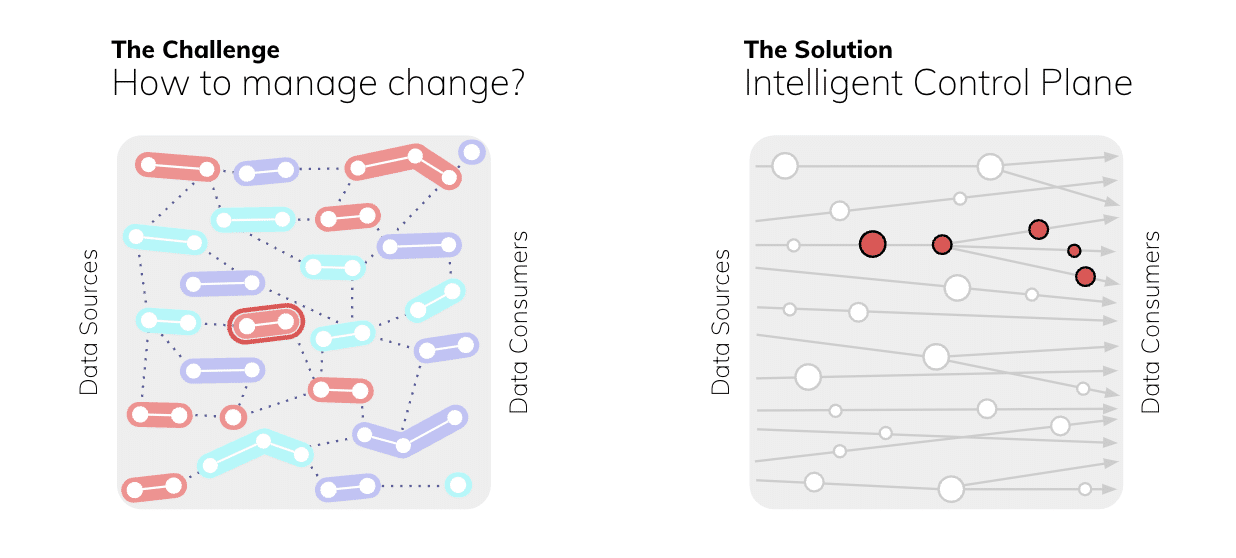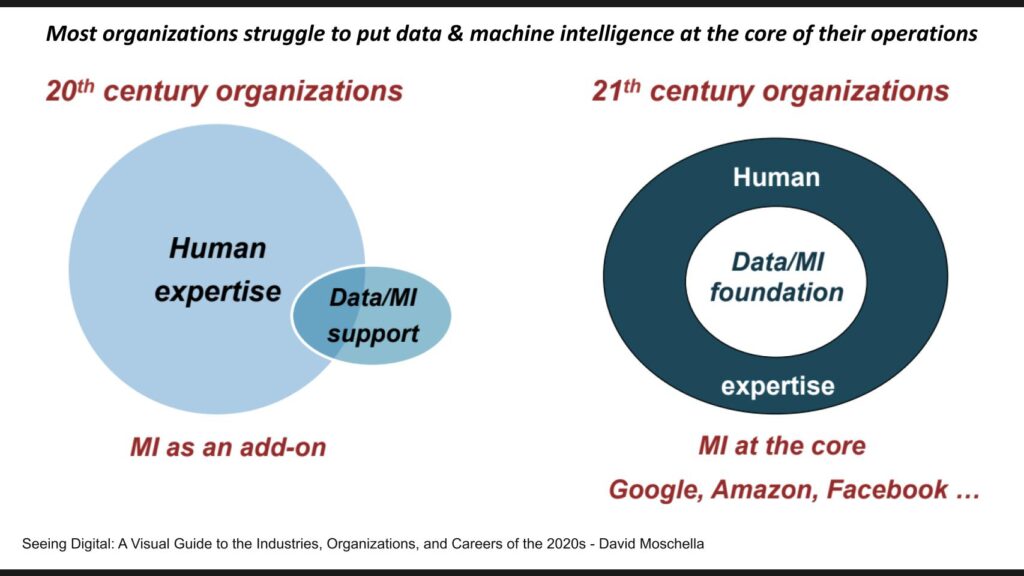What Is a Data Automation Engineer?
Read More: What Is Data Pipeline Automation?
A Glimpse Into the Day-to-Day: The Workflow of a Data Automation Engineer
- Data Ingestion: The start of the data pipeline involves validating data sources in the data ingestion step — ensuring that they’re consistent and reliable. With the use of automation, engineers orchestrate periodic audits, confirming that the data aligns with organizational benchmarks.
- Transformation Process: As data progresses through the pipeline, it undergoes significant refinement in the data transformation step. Engineers meticulously clean and structure this data to transform it into a format that’s ripe for generating actionable insights.
- Quality Assurance: Within the pipeline, checkpoints are essential. Engineers incorporate automated tests and checks at every step, safeguarding against inaccuracies and catching quality failures along the way — instead of waiting for the pipeline to run completely.
- Operational Stability: The pipeline isn’t just about moving data; it’s about ensuring that data flows uninterrupted and is ready for delivery. Engineers make certain that the underlying code functions flawlessly in production environments. Regular monitoring and prompt troubleshooting ensure the integrity of the pipeline.
- Managing Change: One of the biggest advantages for Data Automation Engineers is the diminished need for extensive impact analysis when data or code changes occur. Advanced data automation tools automatically ensure that any change gets consistently applied across the ecosystem without the engineer’s manual intervention. This not only saves time but significantly reduces the risk of errors that can arise from manual change management.

An always-on automation engine that manages and propagates change for you is essential to effectively handle change and its impact.
- Building a Data Platform: Their focus remains steadfast on extracting and delivering value from data. They aren’t sidetracked with building an extensive data platform that will become outdated. They understand that in the rapidly advancing world of data technology, platforms can quickly become relics, whereas the insights derived from data remain timeless.
- Routine Maintenance: While they set up and oversee data pipelines, they aren’t burdened with the daily grind of routine maintenance. Advanced systems, alerts, and automation handle many of these tasks, allowing the engineer to invest time in strategic and value-driven tasks.
Why Are Companies Hiring Data Automation Engineers?
Historical Context

In “Seeing Digital” (2018), David Moschella highlighted that businesses have strategically positioned data at the heart of their operations, leveraging machine intelligence atop this core.
The Pitfall of Resume-Driven Architecture
James Watters, SVP of products at Pivotal Software, Inc., chimed in on this topic during an interview with theCube. Reflecting on the significance of human capital in the equation, he remarked, “That technical talent is so scarce, and so we have a very simple argument. You can have your smartest people figuring out how to configure operating systems, or you can have them shipping code. Like, what’s going to drive your business?”
“That technical talent is so scarce, and so we have a very simple argument. You can have your smartest people figuring out how to configure operating systems, or you can have them shipping code. Like, what’s going to drive your business?”
James Watters, SVP of products at Pivotal Software
Productivity Is the New Currency
Key Advantages of Data Automation Engineers
Efficiency and Scalability
- The Challenge: The digital age has ushered in a torrent of data. With this deluge, handling it manually or through outdated systems becomes not just inefficient but virtually impossible.
- The Solution: Data Automation Engineers are adept at handling systems that can efficiently process vast amounts of data. Through intelligent data automation, they ensure that as the volume of data grows, the systems scale up smoothly, maintaining optimal performance and minimizing bottlenecks.
Error Reduction
- The Challenge: Human intervention, especially in repetitive tasks, is prone to errors. Inaccurate data can lead to misguided business decisions, with potentially significant consequences.
- The Solution: Through rigorous automated processes and checks, Data Automation Engineers reduce the scope of human errors. This leads to a more reliable set of data that businesses can trust as the foundation for their strategic choices.
Decision-Making on Turbo Mode
- The Challenge: In an ever-competitive market, waiting for insights can be detrimental. Decision-makers need fast, actionable data to stay ahead.
- The Solution: With automation, data processes are expedited. This acceleration ensures that decision-makers have access to the insights they need, almost in real-time, empowering them to make informed decisions rapidly, thus giving businesses a competitive edge.
Prepped for the Future
- The Challenge: The realm of data technology is in constant flux, with new innovations and methodologies emerging regularly.
- The Solution: By integrating automation today and employing Data Automation Engineers, companies are not just responding to current needs. They’re future-proofing. These professionals ensure that systems are modular and adaptable, ready to incorporate future advancements in data technology.
Interviewing for Data Automation Engineering Potential
Pinpointing someone with “data automation engineer” as a title on their resume is unlikely. Job titles in this realm can be misleading due to the rapidly changing nature of the industry. Therefore, when you’re hiring for this role, you’re primarily recruiting for potential rather than experience. It’s essential to look beyond the gloss of titles and instead, focus on an individual’s capabilities and intrinsic qualities.
1. Outcomes Over Resume Building
- How do you determine the success of a data project? What metrics or indicators do you typically consider?
- Have you ever been faced with a situation where a project you were proud of from a technical perspective didn’t deliver the expected business outcomes? How did you handle it?
2. Technical Proficiency Aligned With Business Impact
- How do you ensure that your projects stay aligned with the evolving goals of the business?
- Describe a time when you had to translate complex technical information to non-technical stakeholders. How did you ensure they understood its business implications?
3. Insatiable Curiosity and Continuous Learning
- Can you share an example of a project where you had to step out of your comfort zone and learn something completely new on the job? How did you approach it?
- When was the last time you learned something new at work? What sparked the drive to explore it?





